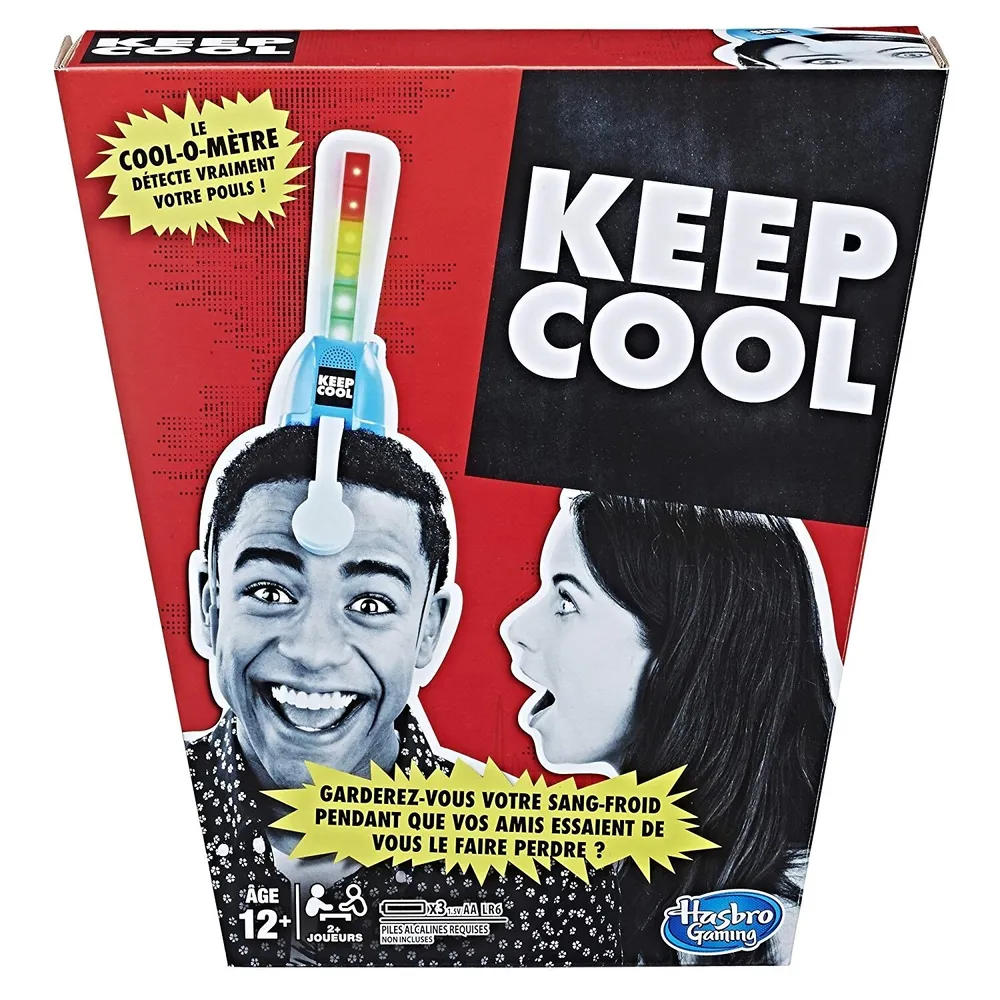Keep Cool (2016)
Keep Cool
Keep Cool is a board game created by Klaus Eisenack and Gerhard Petschel-Held of the Potsdam Institute for Climate Impact Research and published by the German company Spieltrieb in November 2004. It is the first game on climate change that is readily available from a commercial publisher. The game can be classified as both a serious game and a global warming game. In Keep Cool, up to six players representing the world’s countries compete to balance their own economic interests and the world’s climate in a game of negotiation.
Why is Keep Cool Popular?
The goal of the game is to promote general knowledge on climate change and the understanding of difficulties and obstacles, and to make it available for a board game while still retaining the major elements and processes. The German Federal Ministry for the Environment (BMU) has included Keep Cool as part of its teaching materials, and activities related to Keep Cool have been awarded various prizes. The game has been used in multiple settings for interdisciplinary communication and education. Climate-themed board games like Keep Cool are leading to more understanding and action on climate change.
Game Components of Keep Cool
How To Setup Keep Cool
To set up the game, each player selects a group of countries based on the number of players. For example, with three players, the groups are USA & Partners, Europe, and Tiger Countries. Each country has a distinct starting position with different numbers of black (fossil energy) and green (renewable energy) factories. Players are also dealt secret target cards that outline their economic and environmental goals. The game board is prepared with the carbometer to track global warming levels.
Gameplay Mechanics and Game Objective
Player Experience
Playing **Keep Cool** involves a dynamic interplay between economic growth and environmental protection. Players must navigate the challenges of climate change, such as droughts and floods, while managing their country’s economic interests. The game fosters negotiation and strategic thinking, making it engaging for players interested in both economics and environmental issues. The random events from greenhouse cards add an element of unpredictability, simulating the real-world complexities of climate politics.
Pros
Cons
Personal Thoughts on Keep Cool
**Keep Cool** is ideal for those interested in climate politics, economics, and strategic board games. It is particularly suitable for educational settings, such as schools and universities, as well as for families and gaming groups looking to engage with a serious yet entertaining game. The game’s ability to facilitate discussions about conflicts of interest in climate politics makes it a valuable tool for promoting awareness and understanding of global environmental issues.
We are supported by our audience. When you purchase through links on our site, we may earn an affiliate commission, at no extra cost for you. Learn more.

